Solomon the Lover and the Shape of the Song of Songs
Published: Sep 2015
£50.00
Reading the Song of Songs perpetually raises the question, What is this love that has been sung about so evocatively to ever new generations? The exuberance of the poetry and the remarkable history of its reception make the understanding of what the poetry is all about the more urgent for the conscientious reader.
The shape of the Song and what this shape reveals of the poet's concerns are central for this study. Hauge's analysis discloses that a special arrangement of formally independent units, signalled by effects of repetition, is typical of its composition. The strophes are set out in a fivefold pattern containing three types of passage: narrative elements, addresses to the daughters of Jerusalem, and dialogues between the lovers.
The tension of the opening scenes dedicated to Solomon and his women, contrasted with a final scene where the king is the humble supplicant, reflects an underlying story of how Solomon the lover of many women was transformed into a lover of the One. The story is dedicated to the power of love, its character as an overwhelming force being even accented by implications of shame. Motifs of absence and separation suggest longing as the essence of love, the final image of the lover as the hart upon the fragrant mountains adding a tinge of sadness to the impression.
Themes from the Solomon tradition are important for the narrative strand. The formal shape and the cast of actors are deeply influenced by Proverbs 1 —7, not least when the poet plays havoc with venerable aspects of the wisdom tradition.
Solomon the Lover and the Shape of the Song of Songs
£50.00
Reading the Song of Songs perpetually raises the question, What is this love that has been sung about so evocatively to ever new generations? The exuberance of the poetry and the remarkable history of its reception make the understanding of what the poetry is all about the more urgent for the conscientious reader.
The shape of the Song and what this shape reveals of the poet's concerns are central for this study. Hauge's analysis discloses that a special arrangement of formally independent units, signalled by effects of repetition, is typical of its composition. The strophes are set out in a fivefold pattern containing three types of passage: narrative elements, addresses to the daughters of Jerusalem, and dialogues between the lovers.
The tension of the opening scenes dedicated to Solomon and his women, contrasted with a final scene where the king is the humble supplicant, reflects an underlying story of how Solomon the lover of many women was transformed into a lover of the One. The story is dedicated to the power of love, its character as an overwhelming force being even accented by implications of shame. Motifs of absence and separation suggest longing as the essence of love, the final image of the lover as the hart upon the fragrant mountains adding a tinge of sadness to the impression.
Themes from the Solomon tradition are important for the narrative strand. The formal shape and the cast of actors are deeply influenced by Proverbs 1 —7, not least when the poet plays havoc with venerable aspects of the wisdom tradition.
Adam, Eve, and the Devil: A New Beginning, Second Enlarged Edition
Published: Aug 2015
Price range: £30.00 through £80.00
In this book the authors develop an intriguing theory about the Canaanite origin of the biblical traditions concerning the origin of the cosmos and the creation of humankind. Adam, Eve, and the Devil tells a new story about human beginnings and at the same time proposes a fresh start for biblical research into primordial traditions.
A number of clay tablets from Ugarit, dating from the late thirteenth century BCE, throw new light, Korpel and de Moor argue, on the background of the first chapters of Genesis and the myth of Adam. In these tablets, El, the creator deity, and his wife Asherah lived in a vineyard or garden on the slopes of Mt Ararat, known in the Bible as the mountain where Noah's ark came to rest. The first sinner was not a human being, but an evil god called Horon who wanted to depose El. Horon was thrown down from the mountain of the gods, and in revenge he transformed the Tree of Life in the garden into a Tree of Death and enveloped the whole world in a poisonous fog. Adam was sent down to restore life on earth, but failed because Horon in the form of a huge serpent bit him. As a result Adam and his wife lost their immortality.
This myth found its way into the Bible, the Apocrypha and the Pseudepigraphical literature, though it was often transformed or treated critically. Adam, Eve, and the Devil traces the reception of the myth in its many forms, and also presents the oldest pictures of Adam and Eve ever identified (one of them on the front cover of the book). A second, enlarged edition is published in paperback in August, 2015.
Adam, Eve, and the Devil: A New Beginning, Second Enlarged Edition
Price range: £30.00 through £80.00
In this book the authors develop an intriguing theory about the Canaanite origin of the biblical traditions concerning the origin of the cosmos and the creation of humankind. Adam, Eve, and the Devil tells a new story about human beginnings and at the same time proposes a fresh start for biblical research into primordial traditions.
A number of clay tablets from Ugarit, dating from the late thirteenth century BCE, throw new light, Korpel and de Moor argue, on the background of the first chapters of Genesis and the myth of Adam. In these tablets, El, the creator deity, and his wife Asherah lived in a vineyard or garden on the slopes of Mt Ararat, known in the Bible as the mountain where Noah's ark came to rest. The first sinner was not a human being, but an evil god called Horon who wanted to depose El. Horon was thrown down from the mountain of the gods, and in revenge he transformed the Tree of Life in the garden into a Tree of Death and enveloped the whole world in a poisonous fog. Adam was sent down to restore life on earth, but failed because Horon in the form of a huge serpent bit him. As a result Adam and his wife lost their immortality.
This myth found its way into the Bible, the Apocrypha and the Pseudepigraphical literature, though it was often transformed or treated critically. Adam, Eve, and the Devil traces the reception of the myth in its many forms, and also presents the oldest pictures of Adam and Eve ever identified (one of them on the front cover of the book). A second, enlarged edition is published in paperback in August, 2015.
Imagination, Ideology and Inspiration: Echoes of Brueggemann in a New Generation
Published: Aug 2015
£60.00
By any account, Walter Brueggemann stands as one of the foremost interpreters of the Hebrew Bible of the past half-century. Yet the question remains of what his influence will be on the next generation of biblical scholars, who have learned from Brueggemann and taken his work in new and often surprising directions. This volume engages that question by presenting the work of fourteen of Brueggemann's former students at Columbia Theological Seminary (Decatur, Georgia) who are now biblical scholars in their own right, asking how his influence has been received and transformed by them.
Essays in this volume present imaginative new readings of well-known texts, from the crisis of God in Genesis 22 to God's birthing body in Job 38. They engage the ideology of the text, discovering the voice of a female prophet in the book of Isaiah, a Job in drag, and a feminist Qohelet. They grapple with the implications of the text for contemporary life, from reading Lamentations after Hiroshima to considering how the production of Bibles is an act of ideological control. While clearly resonating with Brueggemann's work, these essays also take his influence in new directions, from deeper engagement with rabbinic interpretation to the incorporation of new theoretical perspectives from Lacan to Žižek to Deleuze and Guattari.
An introduction by Brent Strawn considers Brueggemann's influence in the field more generally, while a response from Carolyn Sharp offers soundings for a new generation of scholars.
Imagination, Ideology and Inspiration: Echoes of Brueggemann in a New Generation
£60.00
By any account, Walter Brueggemann stands as one of the foremost interpreters of the Hebrew Bible of the past half-century. Yet the question remains of what his influence will be on the next generation of biblical scholars, who have learned from Brueggemann and taken his work in new and often surprising directions. This volume engages that question by presenting the work of fourteen of Brueggemann's former students at Columbia Theological Seminary (Decatur, Georgia) who are now biblical scholars in their own right, asking how his influence has been received and transformed by them.
Essays in this volume present imaginative new readings of well-known texts, from the crisis of God in Genesis 22 to God's birthing body in Job 38. They engage the ideology of the text, discovering the voice of a female prophet in the book of Isaiah, a Job in drag, and a feminist Qohelet. They grapple with the implications of the text for contemporary life, from reading Lamentations after Hiroshima to considering how the production of Bibles is an act of ideological control. While clearly resonating with Brueggemann's work, these essays also take his influence in new directions, from deeper engagement with rabbinic interpretation to the incorporation of new theoretical perspectives from Lacan to Žižek to Deleuze and Guattari.
An introduction by Brent Strawn considers Brueggemann's influence in the field more generally, while a response from Carolyn Sharp offers soundings for a new generation of scholars.
Sin, Impurity, Sacrifice, Atonement: The Priestly Conceptions
Published: May 2015
Price range: £20.00 through £75.00
The goal of this closely reasoned study is to explain why, in Priestly texts of the Hebrew Bible, the verb kipper, traditionally translated 'atone', means the way of dealing both with sin and with impurity —which might seem very different things.
Sklar's first key conclusion is that when the context is sin, certain sins also pollute; so 'atonement' may include some element of purification. His second conclusion is that, when the context is impurity, and kipper means not 'atone' but 'effect purgation', impurity also endangers; so kipper can include some element of ransoming.
In fact, sin and impurity, while distinct categories in themselves, have this in common: each of them requires both ransoming and purification. It is for this reason that kipper can be used in both settings.
This benchmark study concludes with a careful examination of the famous sentence of Leviticus 17.11 that 'blood makes atonement' (kipper) and explains how, in the Priestly ideology, blood sacrifice was able to accomplish both ransom and purification.
Sin, Impurity, Sacrifice, Atonement: The Priestly Conceptions
Price range: £20.00 through £75.00
The goal of this closely reasoned study is to explain why, in Priestly texts of the Hebrew Bible, the verb kipper, traditionally translated 'atone', means the way of dealing both with sin and with impurity —which might seem very different things.
Sklar's first key conclusion is that when the context is sin, certain sins also pollute; so 'atonement' may include some element of purification. His second conclusion is that, when the context is impurity, and kipper means not 'atone' but 'effect purgation', impurity also endangers; so kipper can include some element of ransoming.
In fact, sin and impurity, while distinct categories in themselves, have this in common: each of them requires both ransoming and purification. It is for this reason that kipper can be used in both settings.
This benchmark study concludes with a careful examination of the famous sentence of Leviticus 17.11 that 'blood makes atonement' (kipper) and explains how, in the Priestly ideology, blood sacrifice was able to accomplish both ransom and purification.
Borges and the Bible
Published: May 2015
£50.00
Jorge Luis Borges is the darling of authors and critics who were once described as postmodern. Borges's fictions assail the boundaries between text, world and self. In one sense, the fictions are mere rhetorical games, puzzles, or 'tricks', which disrupt communication (and interpretation), but they also suggest —at least to some —metaphysical uncertainties. To read them is as if one read the fictions of Hume or the Buddha.
Most of the literary and biblical scholars in this volume pair the Bible and its scholarship with one or more of Borges's short fictions (particularly those first collected in English in Ficciones ), but some venture into Borges's essays, poetry, and his life story (as he and others have told it). As to Bibles, some essayists focus on particular texts from the Hebrew Bible (like Genesis, Samuel, Kings or Job) or the Christian New Testament (like Mark, 2 Corinthians, or Revelation), while others engage traditions of interpretation like Gnosticism, the Kabbalah or academic biblical scholarship. Several focus on canon, translation, the craft of fiction, religion or hermeneutics as a way of thinking about Borges and the Bible.
With Borges, interpretation is ubiquitous. Whether consciously fictionalizing or not, all (biblical) interpretation transforms its precursor. All (biblical) interpretation becomes a play with secrecy and revelation. Borgesian Bibles and scholarship are labyrinths, gardens of forking paths, unsettling and distorting mirrors. With Borges, biblical scholars come face to face with their finitude, obsession, fascination, ambivalence, and inevitable heresy vis-à-vis ta biblia.
Borges and the Bible
£50.00
Jorge Luis Borges is the darling of authors and critics who were once described as postmodern. Borges's fictions assail the boundaries between text, world and self. In one sense, the fictions are mere rhetorical games, puzzles, or 'tricks', which disrupt communication (and interpretation), but they also suggest —at least to some —metaphysical uncertainties. To read them is as if one read the fictions of Hume or the Buddha.
Most of the literary and biblical scholars in this volume pair the Bible and its scholarship with one or more of Borges's short fictions (particularly those first collected in English in Ficciones ), but some venture into Borges's essays, poetry, and his life story (as he and others have told it). As to Bibles, some essayists focus on particular texts from the Hebrew Bible (like Genesis, Samuel, Kings or Job) or the Christian New Testament (like Mark, 2 Corinthians, or Revelation), while others engage traditions of interpretation like Gnosticism, the Kabbalah or academic biblical scholarship. Several focus on canon, translation, the craft of fiction, religion or hermeneutics as a way of thinking about Borges and the Bible.
With Borges, interpretation is ubiquitous. Whether consciously fictionalizing or not, all (biblical) interpretation transforms its precursor. All (biblical) interpretation becomes a play with secrecy and revelation. Borgesian Bibles and scholarship are labyrinths, gardens of forking paths, unsettling and distorting mirrors. With Borges, biblical scholars come face to face with their finitude, obsession, fascination, ambivalence, and inevitable heresy vis-à-vis ta biblia.
The Ancient Near East in the Nineteenth Century: I. Claiming and Conquering
Published: Apr 2015
Price range: £22.50 through £70.00
At the beginning of the nineteenth century, little was known of the ancient Near East except for what was preserved in the Bible and Classical literature. By the end of that century, an amazing transformation had occurred: the basic outline of ancient Near Eastern history was now understood and the material culture of the region was recognizable to the general public. This three-volume study explores the various ways by which non-specialists would have encountered ancient Egypt, Mesopotamia, and the Holy Land and how they derived and constructed meaning from those discoveries. McGeough challenges the simplistic view that the experience of the ancient Near East was solely a matter of 'othering' and shows how different people claimed the Near East as their own space and how connections were drawn between the ancient and contemporary worlds.
Volume I traces how the study of the ancient Near East developed into a professional discipline and how interpretative frameworks were gradually standardized throughout the nineteenth century. Some of the best-sellers of the period were accounts of the early explorers of the region and, beginning with the Napoleonic expedition, the book examines how ancient Near Eastern discoveries were communicated to the public. It looks at how archaeological reporting was shaped in this period and how the study of the ancient Near East was employed to understand issues of progress and decline and was referenced in the political and social satire of the period. It also documents the growth of middle-class tourism to the region and considers how the changing experiences of travel impacted Near Eastern studies. Throughout, the book observes how the ancient Near East mirrored and subverted British society and played a role in European and North American thinking about their places in a larger global and historical perspective.
The Ancient Near East in the Nineteenth Century: I. Claiming and Conquering
Price range: £22.50 through £70.00
At the beginning of the nineteenth century, little was known of the ancient Near East except for what was preserved in the Bible and Classical literature. By the end of that century, an amazing transformation had occurred: the basic outline of ancient Near Eastern history was now understood and the material culture of the region was recognizable to the general public. This three-volume study explores the various ways by which non-specialists would have encountered ancient Egypt, Mesopotamia, and the Holy Land and how they derived and constructed meaning from those discoveries. McGeough challenges the simplistic view that the experience of the ancient Near East was solely a matter of 'othering' and shows how different people claimed the Near East as their own space and how connections were drawn between the ancient and contemporary worlds.
Volume I traces how the study of the ancient Near East developed into a professional discipline and how interpretative frameworks were gradually standardized throughout the nineteenth century. Some of the best-sellers of the period were accounts of the early explorers of the region and, beginning with the Napoleonic expedition, the book examines how ancient Near Eastern discoveries were communicated to the public. It looks at how archaeological reporting was shaped in this period and how the study of the ancient Near East was employed to understand issues of progress and decline and was referenced in the political and social satire of the period. It also documents the growth of middle-class tourism to the region and considers how the changing experiences of travel impacted Near Eastern studies. Throughout, the book observes how the ancient Near East mirrored and subverted British society and played a role in European and North American thinking about their places in a larger global and historical perspective.
Text, Time, and Temple: Literary, Historical and Ritual Studies in Leviticus
Published: Mar 2015
£60.00
In their different ways the essays in this collection ask, Why was Leviticus written? What is the relation of text to practice, and to the development of the idea of an Israelite society centred in its Temple through all vicissitudes of its history?
The thirteen contributors are engaged in exploring the intersection of literary, historical and ritual approaches to Leviticus, as the central book of the Torah and as a utopian vision of an ideal society. Leading scholars of Leviticus and the Pentateuch, like James Watts, Israel Knohl and Christophe Nihan, combine with others whose primary interest is magic, reception, cultural memory and gender.
The collection begins with a chapter by Michael Hundley on the ancient Near Eastern background of the priestly code and the issue of divine fluidity. Several scholars consider the social function of the book, particularly in the Second Temple period. James Watts, for instance, thinks that it combats scepticism about the efficacy of ritual; Reinhard MÌ_ller argues that the 'I am Yhwh' formula locates the texts in a liturgical setting. Christophe Nihan discusses the manipulation of blood in sacrifice as having an indexical function, as part of the 'templization' of Israel.
Other chapters engage in analyses of particular texts. Leigh Trevaskis advocates a symbolic interpretation of the prohibition of intercourse with a menstruant. Deborah Rooke analyses the gender and ethnic implications of the story of the blasphemer in Leviticus 24. Similarly, Francis Landy compares the chapters on the Nazirite and the woman suspected of adultery as challenges to the sacerdotal order. Jonathan Burnside argues that the prohibition of necromancy is integral to Leviticus 20. The book concludes with a moving reflection by Jeremy Milgrom on his father's views on the ethical implications of his work, and particularly its relevance to Israeli —Palestinian relations.
Text, Time, and Temple: Literary, Historical and Ritual Studies in Leviticus
£60.00
In their different ways the essays in this collection ask, Why was Leviticus written? What is the relation of text to practice, and to the development of the idea of an Israelite society centred in its Temple through all vicissitudes of its history?
The thirteen contributors are engaged in exploring the intersection of literary, historical and ritual approaches to Leviticus, as the central book of the Torah and as a utopian vision of an ideal society. Leading scholars of Leviticus and the Pentateuch, like James Watts, Israel Knohl and Christophe Nihan, combine with others whose primary interest is magic, reception, cultural memory and gender.
The collection begins with a chapter by Michael Hundley on the ancient Near Eastern background of the priestly code and the issue of divine fluidity. Several scholars consider the social function of the book, particularly in the Second Temple period. James Watts, for instance, thinks that it combats scepticism about the efficacy of ritual; Reinhard MÌ_ller argues that the 'I am Yhwh' formula locates the texts in a liturgical setting. Christophe Nihan discusses the manipulation of blood in sacrifice as having an indexical function, as part of the 'templization' of Israel.
Other chapters engage in analyses of particular texts. Leigh Trevaskis advocates a symbolic interpretation of the prohibition of intercourse with a menstruant. Deborah Rooke analyses the gender and ethnic implications of the story of the blasphemer in Leviticus 24. Similarly, Francis Landy compares the chapters on the Nazirite and the woman suspected of adultery as challenges to the sacerdotal order. Jonathan Burnside argues that the prohibition of necromancy is integral to Leviticus 20. The book concludes with a moving reflection by Jeremy Milgrom on his father's views on the ethical implications of his work, and particularly its relevance to Israeli —Palestinian relations.
Deuteronomy and Environmental Amnesia
Published: Sep 2014
£45.00
Modern Westerners suffer from environmental amnesia, our failure to remember properly our intimate connections to the places in our lives and to the other inhabitants of these places, both human and non-human. Although environmental amnesia may be the underlying diagnosis of our contemporary ecological problems, in Deuteronomy and Environmental Amnesia Raymond Person argues that environmental amnesia has roots in ancient Mesopotamia, the cradle of civilization, and that ancient forms of environmental amnesia are evident in the book of Deuteronomy.
Raymond Person combines the ecological hermeneutics of the Earth Bible project for the first time with an emerging approach in environmental philosophy —that is, environmental hermeneutics which draws significantly from the works of Heidegger, Gadamer, Habermas and Ricoeur. As he explores the presence of ancient forms of environmental amnesia in Deuteronomy, he draws extensively from other approaches to the ancient Near East and the Bible that emphasize the interactions between material culture and text and that take seriously the Other as portrayed in the Bible, especially household archaeology, zooarchaeology, feminist approaches, and postcolonial approaches. His analysis discovers not only forms of environmental amnesia that the Deuteronomic school suffered from and promoted ideologically, but also partial remedies for forms of ancient environmental amnesia in some of the Deuteronomic legislation. His reflection on environmental amnesia and its partial remedies in the text of Deuteronomy provides insights into our modern forms of environmental amnesia and how we may begin to lessen its effects on the Earth community.
Between the introduction and conclusion, the volume contains two parts. The first part consists of chapters on how environmental amnesia exists in various themes in Deuteronomy: the family household, land versus wilderness, Israel versus the nations, clean versus unclean animals, and urban versus rural. The second part is somewhat more like a traditional commentary, focusing on themes in selected passages, including herem in Deut. 7.1-26, the sabbath year in Deut. 15.1-18, war in Deut. 20.1-20, first-fruits and the third-year tithe in Deut. 26.1-19, and eschatology in Deut. 28.1-68 and 30.1-20.
Deuteronomy and Environmental Amnesia
£45.00
Modern Westerners suffer from environmental amnesia, our failure to remember properly our intimate connections to the places in our lives and to the other inhabitants of these places, both human and non-human. Although environmental amnesia may be the underlying diagnosis of our contemporary ecological problems, in Deuteronomy and Environmental Amnesia Raymond Person argues that environmental amnesia has roots in ancient Mesopotamia, the cradle of civilization, and that ancient forms of environmental amnesia are evident in the book of Deuteronomy.
Raymond Person combines the ecological hermeneutics of the Earth Bible project for the first time with an emerging approach in environmental philosophy —that is, environmental hermeneutics which draws significantly from the works of Heidegger, Gadamer, Habermas and Ricoeur. As he explores the presence of ancient forms of environmental amnesia in Deuteronomy, he draws extensively from other approaches to the ancient Near East and the Bible that emphasize the interactions between material culture and text and that take seriously the Other as portrayed in the Bible, especially household archaeology, zooarchaeology, feminist approaches, and postcolonial approaches. His analysis discovers not only forms of environmental amnesia that the Deuteronomic school suffered from and promoted ideologically, but also partial remedies for forms of ancient environmental amnesia in some of the Deuteronomic legislation. His reflection on environmental amnesia and its partial remedies in the text of Deuteronomy provides insights into our modern forms of environmental amnesia and how we may begin to lessen its effects on the Earth community.
Between the introduction and conclusion, the volume contains two parts. The first part consists of chapters on how environmental amnesia exists in various themes in Deuteronomy: the family household, land versus wilderness, Israel versus the nations, clean versus unclean animals, and urban versus rural. The second part is somewhat more like a traditional commentary, focusing on themes in selected passages, including herem in Deut. 7.1-26, the sabbath year in Deut. 15.1-18, war in Deut. 20.1-20, first-fruits and the third-year tithe in Deut. 26.1-19, and eschatology in Deut. 28.1-68 and 30.1-20.
Finding Wisdom in Nature: An Eco-Wisdom Reading of the Book of Job
Published: Sep 2014
£40.00
Wisdom, where can she be found?' This question, at the core of Job 28, is arguably the central question also of the entire book of Job.
Where is Wisdom found in Job 28? Habel's answer may be surprising: in the domains and forces of nature, in the ecosystems of the cosmos! And who employs the 'scientific approach' of the ancient Wisdom School to discern this Wisdom? A Sage called God during the process of creation. This key chapter, Job 28, is therefore where Habel begins his ecological commentary, using an approach he designates an eco-wisdom reading.
In the preceding 27 chapters of the Book of Job, the focus had seemed to be on the question of where justice could be found. Job has been ready to take God to court in order to find justice. Yet, throughout these chapters there has also been a question about Wisdom, raised by Job and each of his friends, though it has remained churning in the background.
When God finally answers Job, God communicates —via nature —about the 'design' of the cosmos. During his journey through the cosmos with his divine mentor, depicted in the divine speeches of Job 38 —41, Job is challenged to discern the 'way,' the 'place' and the inter-relationship of the domains and forces of nature, which is to say, their dynamic innate Wisdom.
In his final speech, Job admits he does not know everything and dismisses his plan to take God to court, and the claim for justice lapses. In its place, Job declares he has 'seen' or 'observed' God —presumably in the ecosystems of the cosmos that God has shown him. So the Book of Job ends with his experience of what we may call an 'ecological conversion'.
Finding Wisdom in Nature: An Eco-Wisdom Reading of the Book of Job
£40.00
Wisdom, where can she be found?' This question, at the core of Job 28, is arguably the central question also of the entire book of Job.
Where is Wisdom found in Job 28? Habel's answer may be surprising: in the domains and forces of nature, in the ecosystems of the cosmos! And who employs the 'scientific approach' of the ancient Wisdom School to discern this Wisdom? A Sage called God during the process of creation. This key chapter, Job 28, is therefore where Habel begins his ecological commentary, using an approach he designates an eco-wisdom reading.
In the preceding 27 chapters of the Book of Job, the focus had seemed to be on the question of where justice could be found. Job has been ready to take God to court in order to find justice. Yet, throughout these chapters there has also been a question about Wisdom, raised by Job and each of his friends, though it has remained churning in the background.
When God finally answers Job, God communicates —via nature —about the 'design' of the cosmos. During his journey through the cosmos with his divine mentor, depicted in the divine speeches of Job 38 —41, Job is challenged to discern the 'way,' the 'place' and the inter-relationship of the domains and forces of nature, which is to say, their dynamic innate Wisdom.
In his final speech, Job admits he does not know everything and dismisses his plan to take God to court, and the claim for justice lapses. In its place, Job declares he has 'seen' or 'observed' God —presumably in the ecosystems of the cosmos that God has shown him. So the Book of Job ends with his experience of what we may call an 'ecological conversion'.
Discourse, Dialogue, and Debate in the Bible: Essays in Honour of Frank H. Polak
Published: Aug 2014
£70.00
Frank H. Polak's contributions to Biblical Studies cover many fields, from Septuagint and Qumran studies to many other disciplines. His most important contributions in recent decades, however, have been to the narrative criticism and discourse analysis of the Bible, including their application to issues of date and authorship, which have been debated since ancient times.
Polak's work is informed by many branches of general and Semitic linguistics, social anthropology and historiography, along with a broad, humanistic approach. In his work, he has attempted to balance literary, linguistic and historical criticism in order to achieve a synthesis of these separate but overlapping fields, all of them necessary for reading the Hebrew Bible in a responsible manner.
This volume is offered to Frank by friends and colleagues from Tel Aviv University, where he has taught for almost 40 years, and from other academic institutions, in honour of his illustrious career and on the occasion of his retirement from teaching. The contributors all debate questions of discourse, dialogue, language and history —questions that have been central to Frank's researches over the years.
This is the seventh volume of the Amsterdam Studies in the Bible and Religion (ed. Athalya Brenner-Idan), a sub-series of the Bible in the Modern World and Hebrew Bible Monographs.
Discourse, Dialogue, and Debate in the Bible: Essays in Honour of Frank H. Polak
£70.00
Frank H. Polak's contributions to Biblical Studies cover many fields, from Septuagint and Qumran studies to many other disciplines. His most important contributions in recent decades, however, have been to the narrative criticism and discourse analysis of the Bible, including their application to issues of date and authorship, which have been debated since ancient times.
Polak's work is informed by many branches of general and Semitic linguistics, social anthropology and historiography, along with a broad, humanistic approach. In his work, he has attempted to balance literary, linguistic and historical criticism in order to achieve a synthesis of these separate but overlapping fields, all of them necessary for reading the Hebrew Bible in a responsible manner.
This volume is offered to Frank by friends and colleagues from Tel Aviv University, where he has taught for almost 40 years, and from other academic institutions, in honour of his illustrious career and on the occasion of his retirement from teaching. The contributors all debate questions of discourse, dialogue, language and history —questions that have been central to Frank's researches over the years.
This is the seventh volume of the Amsterdam Studies in the Bible and Religion (ed. Athalya Brenner-Idan), a sub-series of the Bible in the Modern World and Hebrew Bible Monographs.
Moses: The Man and the Myth in Music
Published: July 2014
£50.00
With this book, Leneman completes a trilogy on musical interpretations of biblical narratives. Her previous books were Love, Lust, and Lunacy: The Stories of Saul and David in Music (2010) and The Performed Bible: The Story of Ruth in Opera and Oratorio (2007).
Moses has often been thought of more as a myth than as a man. Later retellings of his story —particularly in operas and oratorios —demythologize him, portraying him and all the characters surrounding him on a more human scale. Moses the statue comes down from his pedestal and becomes a living man. For example, in the Bible the primary relationship of Moses is with God; secondarily it is with the people of Israel, rather than with individuals. In opera and the many oratorio settings the figure of Moses is enhanced by his representation as a man with many emotional ties —to Zipporah, Miriam or Aaron, or to all three.
Re-reading and re-telling biblical narratives through musical settings gives voice to often silent biblical characters, offering the reader and listener unexpected ways to hear and understand their story. In Moses: The Man and the Myth in Music, highlighting how Moses was richly imagined in oratorios and operas, Leneman discusses 16 operas and oratorios from the eighteenth to the twentieth century —including works by Handel, Rossini, Saint-Saëns, Massenet, Schoenberg and more obscure composers whose music has seldom or never been explored.
Through music, the listener can hear and also feel the suffering of the Israelites; the passion of Moses as leader, liberator, and even lover; the intensity of Miriam's vision and commitment; and the whole range of emotion experienced by every character that inhabits this story. The music and librettos not only fill in the spaces between the lines, but go beyond the margins of the biblical text to conjure up a multi-dimensional world.
Moses: The Man and the Myth in Music
£50.00
With this book, Leneman completes a trilogy on musical interpretations of biblical narratives. Her previous books were Love, Lust, and Lunacy: The Stories of Saul and David in Music (2010) and The Performed Bible: The Story of Ruth in Opera and Oratorio (2007).
Moses has often been thought of more as a myth than as a man. Later retellings of his story —particularly in operas and oratorios —demythologize him, portraying him and all the characters surrounding him on a more human scale. Moses the statue comes down from his pedestal and becomes a living man. For example, in the Bible the primary relationship of Moses is with God; secondarily it is with the people of Israel, rather than with individuals. In opera and the many oratorio settings the figure of Moses is enhanced by his representation as a man with many emotional ties —to Zipporah, Miriam or Aaron, or to all three.
Re-reading and re-telling biblical narratives through musical settings gives voice to often silent biblical characters, offering the reader and listener unexpected ways to hear and understand their story. In Moses: The Man and the Myth in Music, highlighting how Moses was richly imagined in oratorios and operas, Leneman discusses 16 operas and oratorios from the eighteenth to the twentieth century —including works by Handel, Rossini, Saint-Saëns, Massenet, Schoenberg and more obscure composers whose music has seldom or never been explored.
Through music, the listener can hear and also feel the suffering of the Israelites; the passion of Moses as leader, liberator, and even lover; the intensity of Miriam's vision and commitment; and the whole range of emotion experienced by every character that inhabits this story. The music and librettos not only fill in the spaces between the lines, but go beyond the margins of the biblical text to conjure up a multi-dimensional world.
Anatomical Idiom and Emotional Expression: A Comparison of the Hebrew Bible and the Septuagint
Published: May 2014
£75.00
The Hebrew Bible abounds in imagery linking feelings and emotions with various parts of the body. These vividly painted word pictures capture the imagination, and the reader can identify physically as well as emotionally with what is being expressed. But this colourful imagery, with its forthright and earthy language, is rather less apparent in modern English translations.
Such substitutions are not just common in English translations, but are also found in the first authorized translation of the Hebrew Bible, the Septuagint. Can the changes to body imagery found in English translations be explained as part of a process that began with the Greek text, which often gave a more muted picture than the Hebrew original?
This study explores these questions by making a detailed comparative analysis of anatomical idioms (body imagery) associated with the emotions of distress, fear, anger and gladness in the Hebrew Bible and the Septuagint. Differences are identified through literal translation into English from both Hebrew and Greek and the results are categorized, discussed and analysed, and detailed statistical information is presented. The data offer a rich resource for further research, and the analysis provides fascinating insights into the minds of the Greek translators and findings that are surprisingly complex.
Anatomical Idiom and Emotional Expression: A Comparison of the Hebrew Bible and the Septuagint
£75.00
The Hebrew Bible abounds in imagery linking feelings and emotions with various parts of the body. These vividly painted word pictures capture the imagination, and the reader can identify physically as well as emotionally with what is being expressed. But this colourful imagery, with its forthright and earthy language, is rather less apparent in modern English translations.
Such substitutions are not just common in English translations, but are also found in the first authorized translation of the Hebrew Bible, the Septuagint. Can the changes to body imagery found in English translations be explained as part of a process that began with the Greek text, which often gave a more muted picture than the Hebrew original?
This study explores these questions by making a detailed comparative analysis of anatomical idioms (body imagery) associated with the emotions of distress, fear, anger and gladness in the Hebrew Bible and the Septuagint. Differences are identified through literal translation into English from both Hebrew and Greek and the results are categorized, discussed and analysed, and detailed statistical information is presented. The data offer a rich resource for further research, and the analysis provides fascinating insights into the minds of the Greek translators and findings that are surprisingly complex.
Abigail, Wife of David, and Other Ancient Oriental Women
Published: Oct 2013
£50.00
This is the first book devoted to the biblical figure of Abigail, whose encounter with David is narrated in 1 Samuel 25. An interdisciplinary study, its seven papers combine biblical criticism, narratology, history of religions, Assyriology and the study of midrash.
One article (by Michaël Guichard) brings to light a major historical analogy from the Mari documents to the triangular relationship of Abigail, Nabal and David. The career of the princess Inib-sharri, first married to an old sheikh, and, after his sudden, mysterious death, to a younger princeling, provides a very apt analogy to that of Abigail.
Another article (by Daniel Bodi) compares David's way of seizing power to the pattern of seizing power in the ancient Near East: Zimri-Lim in Mari, Idrimi in Alalakh, and the 'Apiru in the Amarna texts serve as analogies to David.
The tale of David as an ambitious warlord taking power through marriage can be paralleled by the myth of Nergal and Ereshkigal; in its older Amarna version Nergal takes power through violence whereas in its Assyrian version his power is due to Ereshkigal's seduction and love. The Abigail story combines both aspects, beginning with violence and ending with marriage (Jean-Jacques Glassner).
Some rabbis saw Abigail as a seducer and a hellish type of woman. The final articles (by Bodi and Jean-Marie Husser) show that, while her behaviour might be ambiguous, she should not be branded a scarlet woman.
Abigail, Wife of David, and Other Ancient Oriental Women
£50.00
This is the first book devoted to the biblical figure of Abigail, whose encounter with David is narrated in 1 Samuel 25. An interdisciplinary study, its seven papers combine biblical criticism, narratology, history of religions, Assyriology and the study of midrash.
One article (by Michaël Guichard) brings to light a major historical analogy from the Mari documents to the triangular relationship of Abigail, Nabal and David. The career of the princess Inib-sharri, first married to an old sheikh, and, after his sudden, mysterious death, to a younger princeling, provides a very apt analogy to that of Abigail.
Another article (by Daniel Bodi) compares David's way of seizing power to the pattern of seizing power in the ancient Near East: Zimri-Lim in Mari, Idrimi in Alalakh, and the 'Apiru in the Amarna texts serve as analogies to David.
The tale of David as an ambitious warlord taking power through marriage can be paralleled by the myth of Nergal and Ereshkigal; in its older Amarna version Nergal takes power through violence whereas in its Assyrian version his power is due to Ereshkigal's seduction and love. The Abigail story combines both aspects, beginning with violence and ending with marriage (Jean-Jacques Glassner).
Some rabbis saw Abigail as a seducer and a hellish type of woman. The final articles (by Bodi and Jean-Marie Husser) show that, while her behaviour might be ambiguous, she should not be branded a scarlet woman.
Sight and Insight in Genesis: A Semantic Study
Published: Oct 2013
£60.00
Sight and Insight shows how prominent are terms from the semantic field of sight in the book of Genesis. They are constantly found in openings, at turning points, and as constituents in place-names and personal names. Because of their presence at strategic points in the plot of Genesis, words of sight enhance cohesion among the narratives of the book.
From the beginning of time, according to Genesis, there have been numerous instances of seeing on the part of both God and humans. But as Genesis progresses, God gradually becomes more hidden and his seeing gives place to human perception.
These observations are built upon a sound theoretical foundation, outlined in the opening chapter, which provides a clear definition of the concept of 'semantic field' and an explanation of related semantic terms such as 'frames' and 'prototypes'.
Subsequent chapters identify the words that can be assigned to the 'sight' field, examine the deployment of the sight field in individual narratives in Genesis, and study the sight field over larger sections of the book.
This is the sixth volume of the Amsterdam Studies in the Bible and Religion (ed. Athalya Brenner), a sub-series of the Bible in the Modern World and Hebrew Bible Monographs.
Sight and Insight in Genesis: A Semantic Study
£60.00
Sight and Insight shows how prominent are terms from the semantic field of sight in the book of Genesis. They are constantly found in openings, at turning points, and as constituents in place-names and personal names. Because of their presence at strategic points in the plot of Genesis, words of sight enhance cohesion among the narratives of the book.
From the beginning of time, according to Genesis, there have been numerous instances of seeing on the part of both God and humans. But as Genesis progresses, God gradually becomes more hidden and his seeing gives place to human perception.
These observations are built upon a sound theoretical foundation, outlined in the opening chapter, which provides a clear definition of the concept of 'semantic field' and an explanation of related semantic terms such as 'frames' and 'prototypes'.
Subsequent chapters identify the words that can be assigned to the 'sight' field, examine the deployment of the sight field in individual narratives in Genesis, and study the sight field over larger sections of the book.
This is the sixth volume of the Amsterdam Studies in the Bible and Religion (ed. Athalya Brenner), a sub-series of the Bible in the Modern World and Hebrew Bible Monographs.
Chorus in the Dark: The Voices of the Book of Lamentations
Published: Oct 2013
£60.00
Chorus in the Dark invites attention to the treaty negotiated by the voices of Lamentations. The issues of God's justice and human rights are at the centre of a forceful discussion embodied in the five poems of Lamentations. Difficult questions are subtly raised: How can God's justice be recognized and honoured in the midst of suffering? How can the human right to protest against mistreatment be respected? How can loss, grief, and shame be overcome? What future is there for the victims? How can these sensitive issues be negotiated without loss?
Zion is the first major speaker in Lamentations. Zion projects the voice of a woman crying by the grave. Her pain is intense, her loss is vast, her anger is uncontrollable. Zion is unable to see any future. God is indeed just in destroying her, but her surviving children do not deserve her fate.
The other major speaker is the man of Lamentations 3. He too speaks of the pain, grief, anger, and desire for vengeance of a victim bent under the yoke of affliction. Yet, like a Davidic king, he dares to claim covenant promises and hope that darkness will eventually turn to light.
Through both harmony and discord, and with a profound ambivalence toward the future, the separate voices of Lamentations resonate in a timbre that transcends the sum of its parts. The five poems, while having unique value individually, are meant to be read together as a living documentation of a moment of suspension, a great turning point in the history of Israel.
Chorus in the Dark: The Voices of the Book of Lamentations
£60.00
Chorus in the Dark invites attention to the treaty negotiated by the voices of Lamentations. The issues of God's justice and human rights are at the centre of a forceful discussion embodied in the five poems of Lamentations. Difficult questions are subtly raised: How can God's justice be recognized and honoured in the midst of suffering? How can the human right to protest against mistreatment be respected? How can loss, grief, and shame be overcome? What future is there for the victims? How can these sensitive issues be negotiated without loss?
Zion is the first major speaker in Lamentations. Zion projects the voice of a woman crying by the grave. Her pain is intense, her loss is vast, her anger is uncontrollable. Zion is unable to see any future. God is indeed just in destroying her, but her surviving children do not deserve her fate.
The other major speaker is the man of Lamentations 3. He too speaks of the pain, grief, anger, and desire for vengeance of a victim bent under the yoke of affliction. Yet, like a Davidic king, he dares to claim covenant promises and hope that darkness will eventually turn to light.
Through both harmony and discord, and with a profound ambivalence toward the future, the separate voices of Lamentations resonate in a timbre that transcends the sum of its parts. The five poems, while having unique value individually, are meant to be read together as a living documentation of a moment of suspension, a great turning point in the history of Israel.
‘Say You Are My Sister’: Danger, Seduction and the Foreign in Biblical Literature and Beyond
Published: Oct 2013
£50.00
Throughout biblical and Jewish literature we encounter a repeated story of a Hebrew or Jewish character who becomes involved in a dangerous erotic relationship. The sexual tension in these tales articulates the ambivalence between the national identities of the character and of the foreign other.
The first exemplification of the topos occurs in Genesis, where the matriarchs Sarah and Rebekah are handed over (or almost so) by their husbands to a foreign king. The other biblical cases are those of Joseph, who experiences the danger of seduction by Potiphar's wife, and Esther, who is taken by force into the harem of the Persian emperor.
In modern Hebrew literature, the theme reappears in the short story by the Nobel Prize winner S.Y. Agnon, 'The Lady and the Pedlar' from 1943, in which the Jewish pedlar is at risk of becoming the prey of a foreign cannibalistic woman, and in the novel Inta Omri (1994) by the poet-author Smadar Herzfeld, which describes a desperate love affair between an Israeli woman and a Palestinian man against the backdrop of the Intifada in the late 1980s.
Between the chapters devoted to these works lies a discussion of the film by the Swedish director Ingmar Bergman, The Touch (1971), the story of a Jewish archaeologist who falls in love with a Swedish woman, which Keshet reads as another instance of the same theme, but this time as a metaphor of Jewish —Christian relations from the perspective not of the Jewish character but of the foreign other.
‘Say You Are My Sister’: Danger, Seduction and the Foreign in Biblical Literature and Beyond
£50.00
Throughout biblical and Jewish literature we encounter a repeated story of a Hebrew or Jewish character who becomes involved in a dangerous erotic relationship. The sexual tension in these tales articulates the ambivalence between the national identities of the character and of the foreign other.
The first exemplification of the topos occurs in Genesis, where the matriarchs Sarah and Rebekah are handed over (or almost so) by their husbands to a foreign king. The other biblical cases are those of Joseph, who experiences the danger of seduction by Potiphar's wife, and Esther, who is taken by force into the harem of the Persian emperor.
In modern Hebrew literature, the theme reappears in the short story by the Nobel Prize winner S.Y. Agnon, 'The Lady and the Pedlar' from 1943, in which the Jewish pedlar is at risk of becoming the prey of a foreign cannibalistic woman, and in the novel Inta Omri (1994) by the poet-author Smadar Herzfeld, which describes a desperate love affair between an Israeli woman and a Palestinian man against the backdrop of the Intifada in the late 1980s.
Between the chapters devoted to these works lies a discussion of the film by the Swedish director Ingmar Bergman, The Touch (1971), the story of a Jewish archaeologist who falls in love with a Swedish woman, which Keshet reads as another instance of the same theme, but this time as a metaphor of Jewish —Christian relations from the perspective not of the Jewish character but of the foreign other.
The Recovery of the Ancient Hebrew Language: The Lexicographical Writings of D. Winton Thomas
Published: Oct 2013
£75.00
David Winton Thomas (1901 —1970) was Regius Professor of Hebrew in the University of Cambridge (1938 —1968) and one of the most distinguished British lexicographers of the Hebrew language. His special contribution was the identification of words in Biblical Hebrew that had lain undetected since ancient times, sometimes because they were homonyms of other, better-known words. He called his project 'The Recovery of the Ancient Hebrew Language', the title of his inaugural lecture at Cambridge in 1939, as well as of the present book.
In this volume John Day has gathered together all Winton Thomas's lexicographical articles (nearly 400 pages altogether) in a convenient format; hitherto these have been scattered around many different journals and books. In addition, he has prefaced them with a very substantial introduction of some 150 pages, in which he offers the first thorough and systematic evaluation of Winton Thomas's work.
Day concludes that there are definitely occasions where Thomas has made a positive and enduring contribution to Hebrew lexicography, and it is important that modern scholars do not overlook these conclusions. On the other hand, it becomes clear that Thomas was sometimes too prone to appeal to cognate Semitic languages (especially Arabic) in the search for new meanings of Hebrew words when this was unnecessary. In seeking to make a thorough appraisal of Thomas's proposals this volume offers a valuable contribution to the study of Biblical Hebrew lexicography.
The Recovery of the Ancient Hebrew Language: The Lexicographical Writings of D. Winton Thomas
£75.00
David Winton Thomas (1901 —1970) was Regius Professor of Hebrew in the University of Cambridge (1938 —1968) and one of the most distinguished British lexicographers of the Hebrew language. His special contribution was the identification of words in Biblical Hebrew that had lain undetected since ancient times, sometimes because they were homonyms of other, better-known words. He called his project 'The Recovery of the Ancient Hebrew Language', the title of his inaugural lecture at Cambridge in 1939, as well as of the present book.
In this volume John Day has gathered together all Winton Thomas's lexicographical articles (nearly 400 pages altogether) in a convenient format; hitherto these have been scattered around many different journals and books. In addition, he has prefaced them with a very substantial introduction of some 150 pages, in which he offers the first thorough and systematic evaluation of Winton Thomas's work.
Day concludes that there are definitely occasions where Thomas has made a positive and enduring contribution to Hebrew lexicography, and it is important that modern scholars do not overlook these conclusions. On the other hand, it becomes clear that Thomas was sometimes too prone to appeal to cognate Semitic languages (especially Arabic) in the search for new meanings of Hebrew words when this was unnecessary. In seeking to make a thorough appraisal of Thomas's proposals this volume offers a valuable contribution to the study of Biblical Hebrew lexicography.



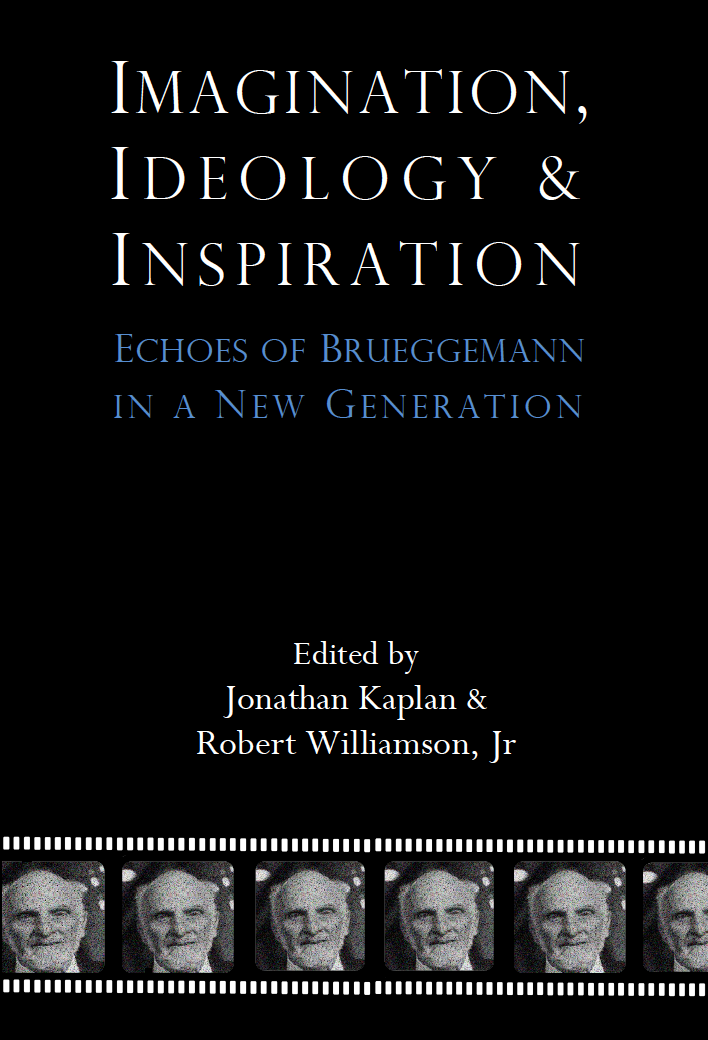
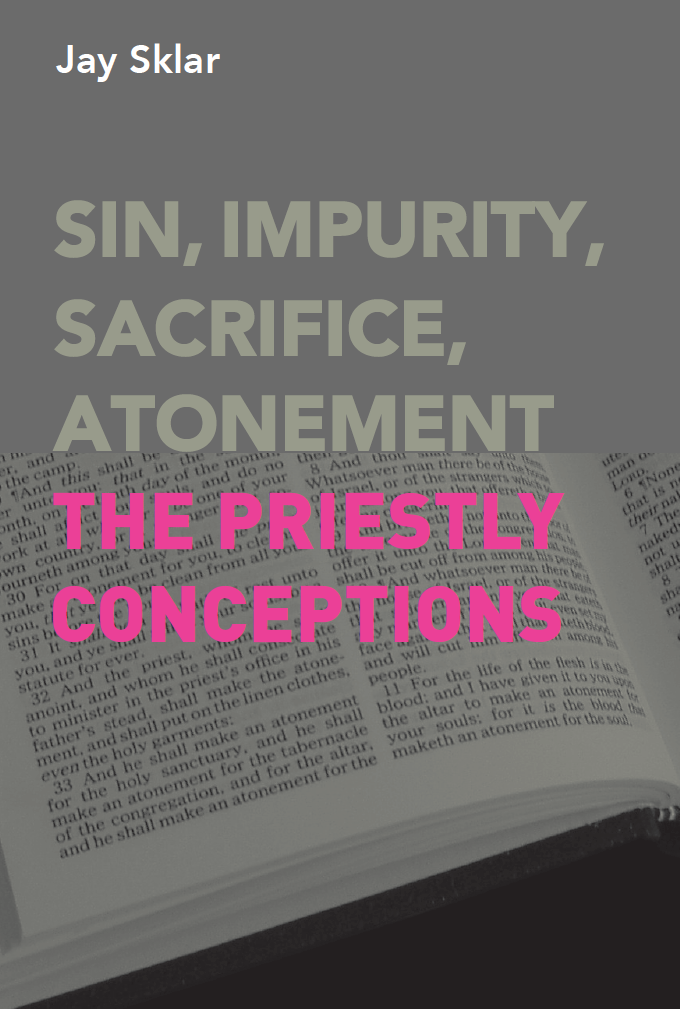
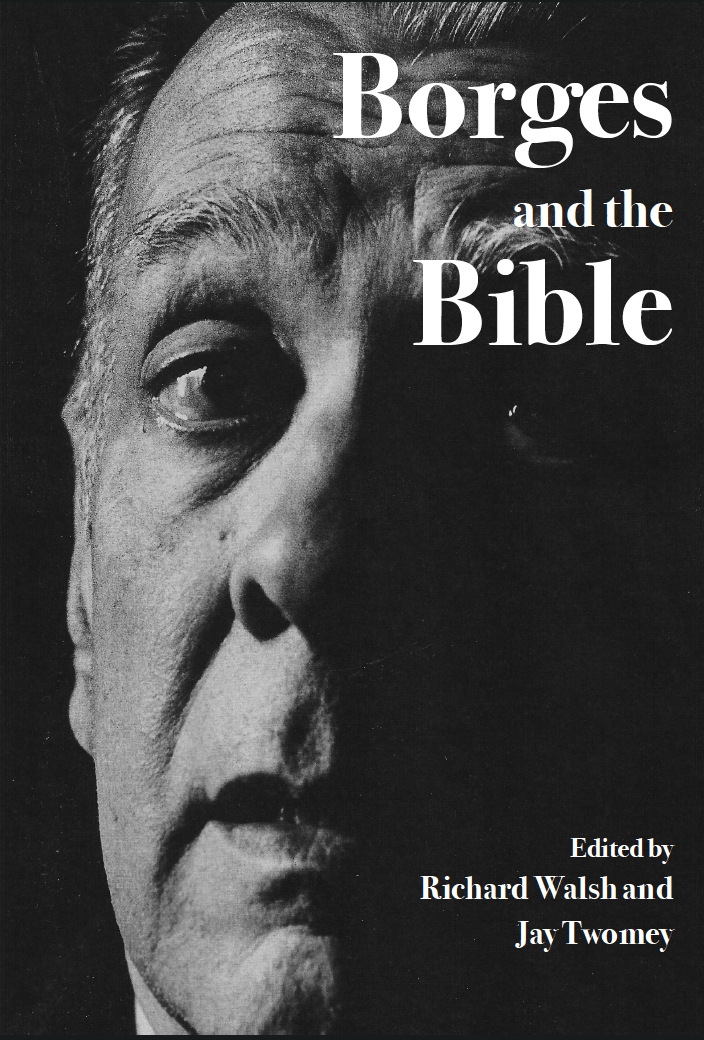
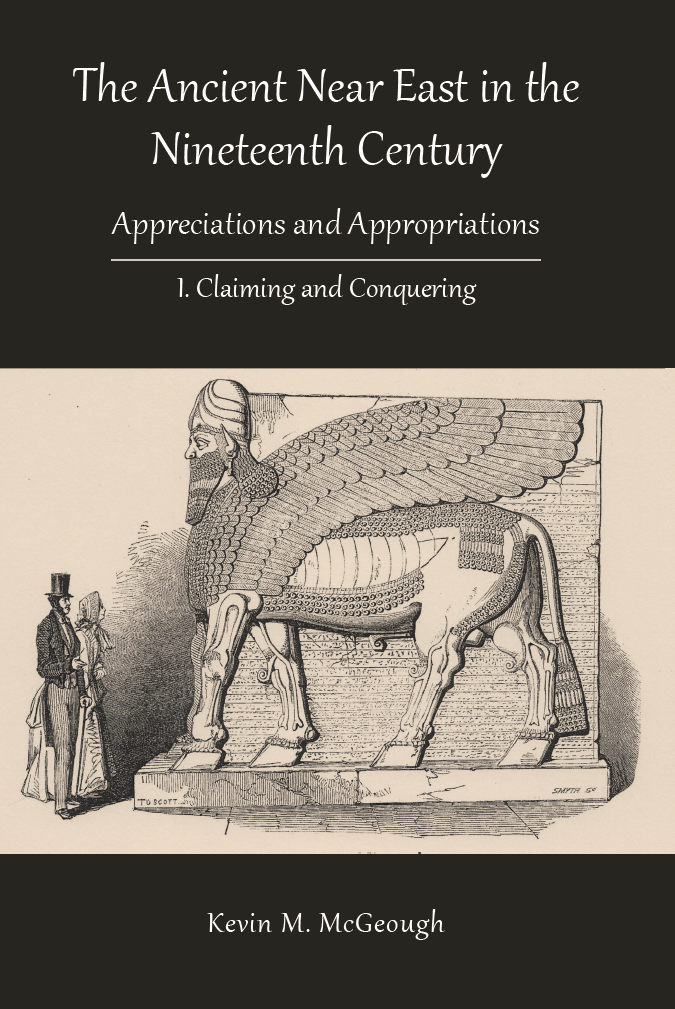
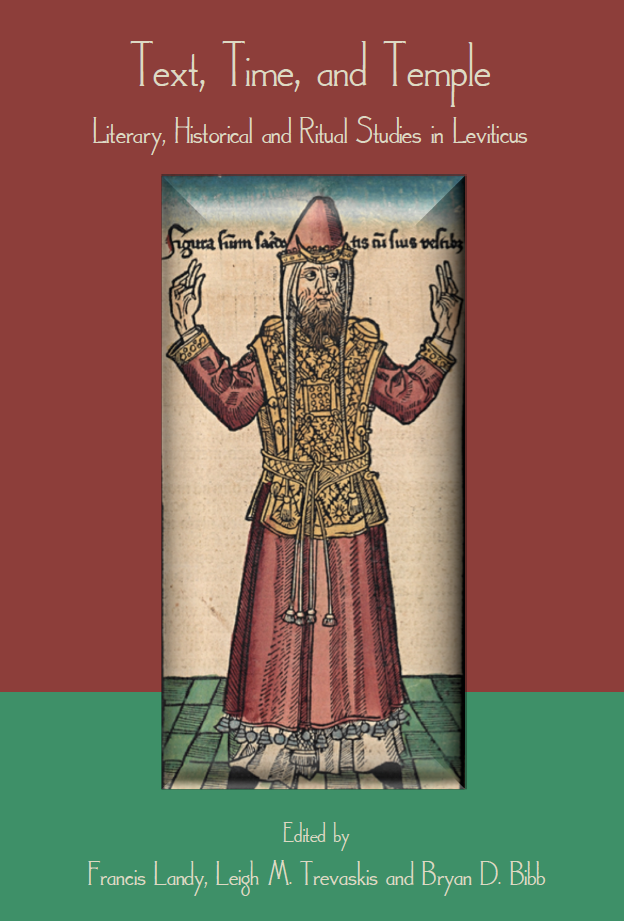
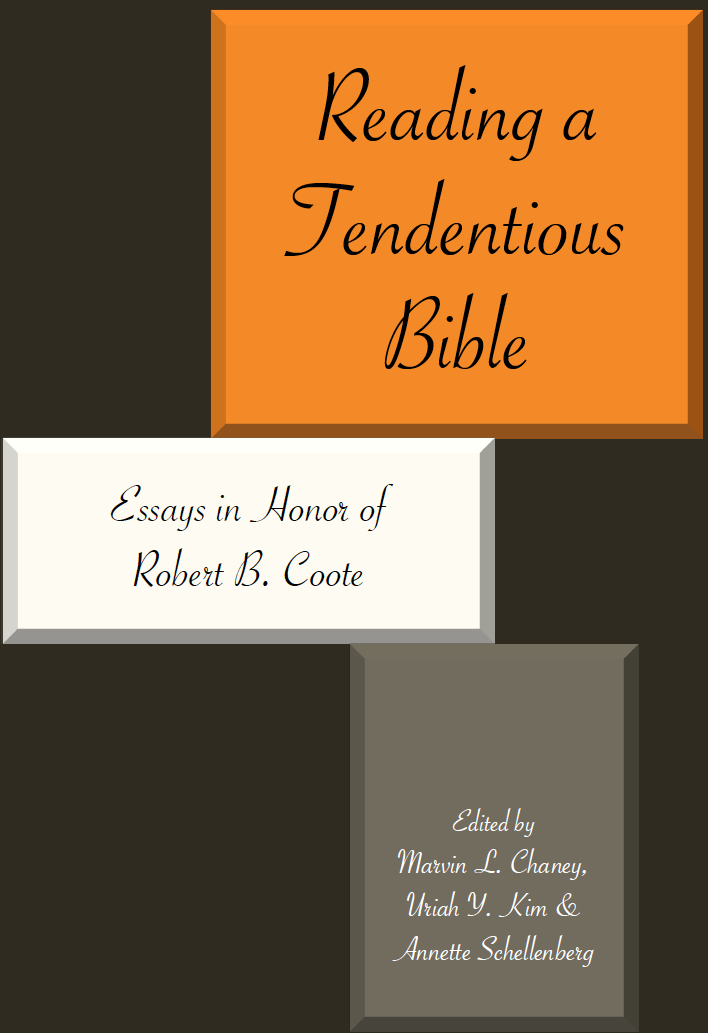

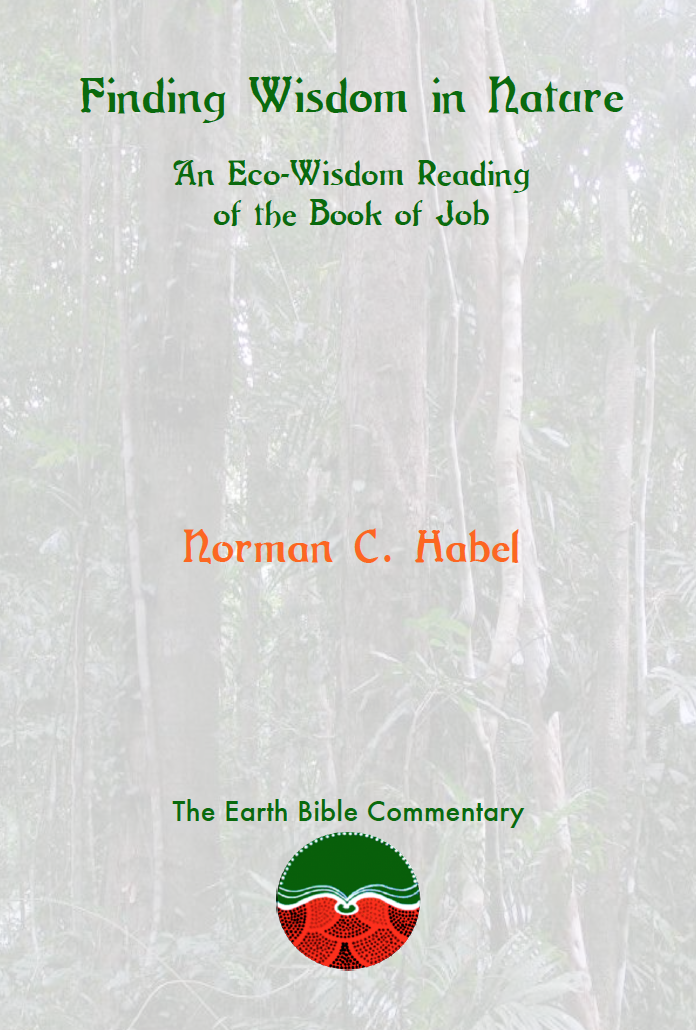
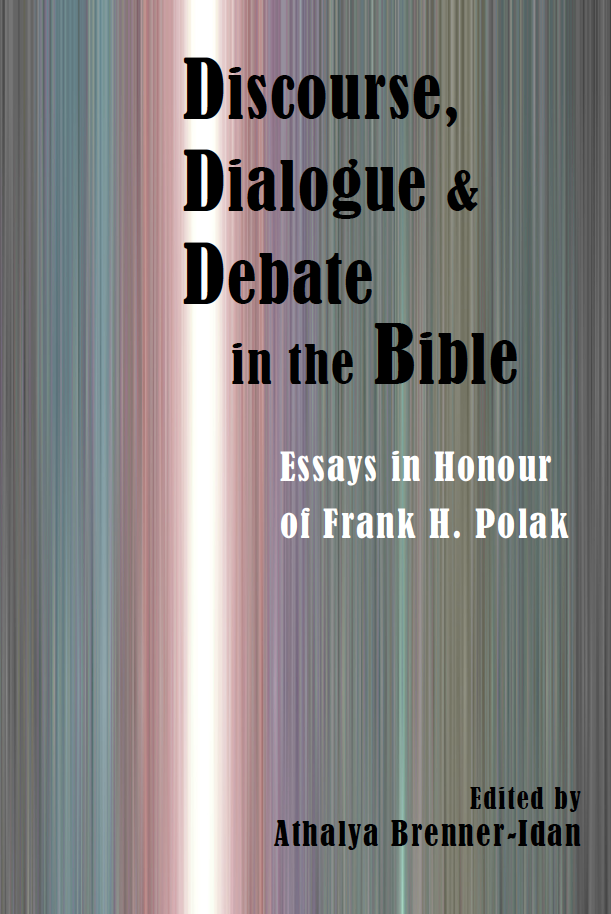

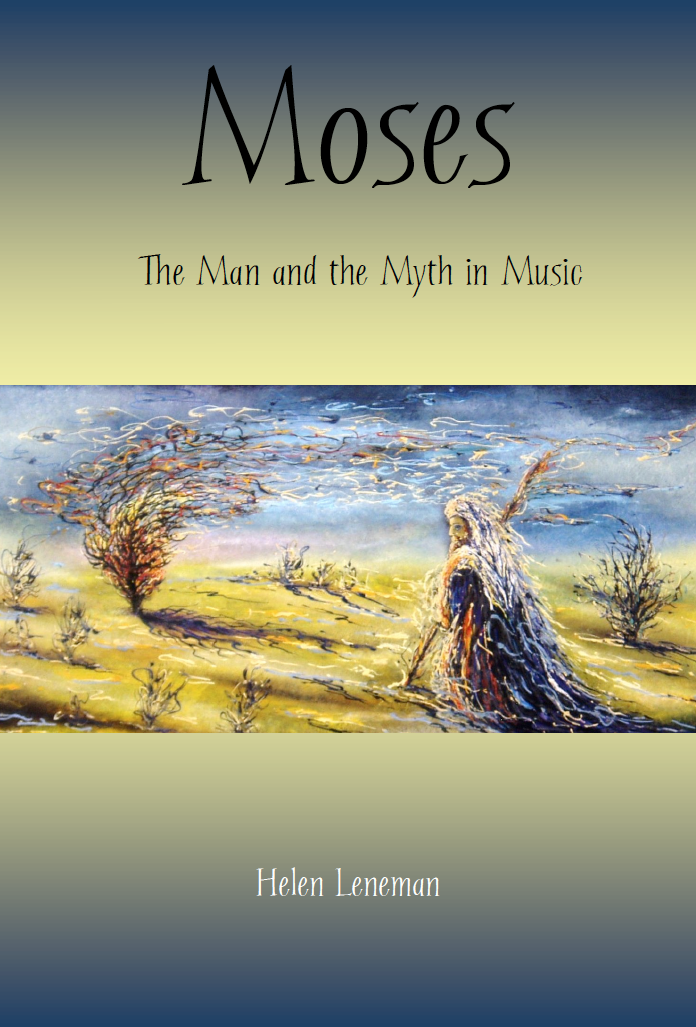
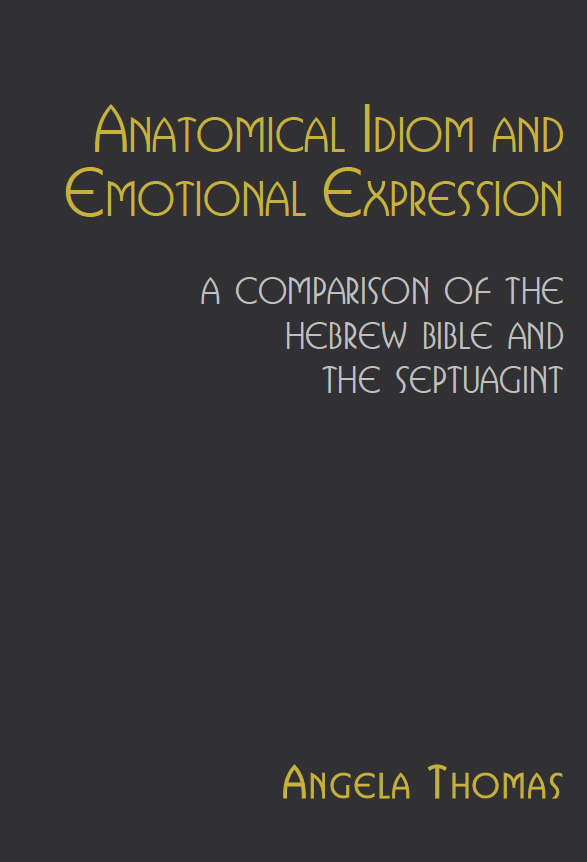
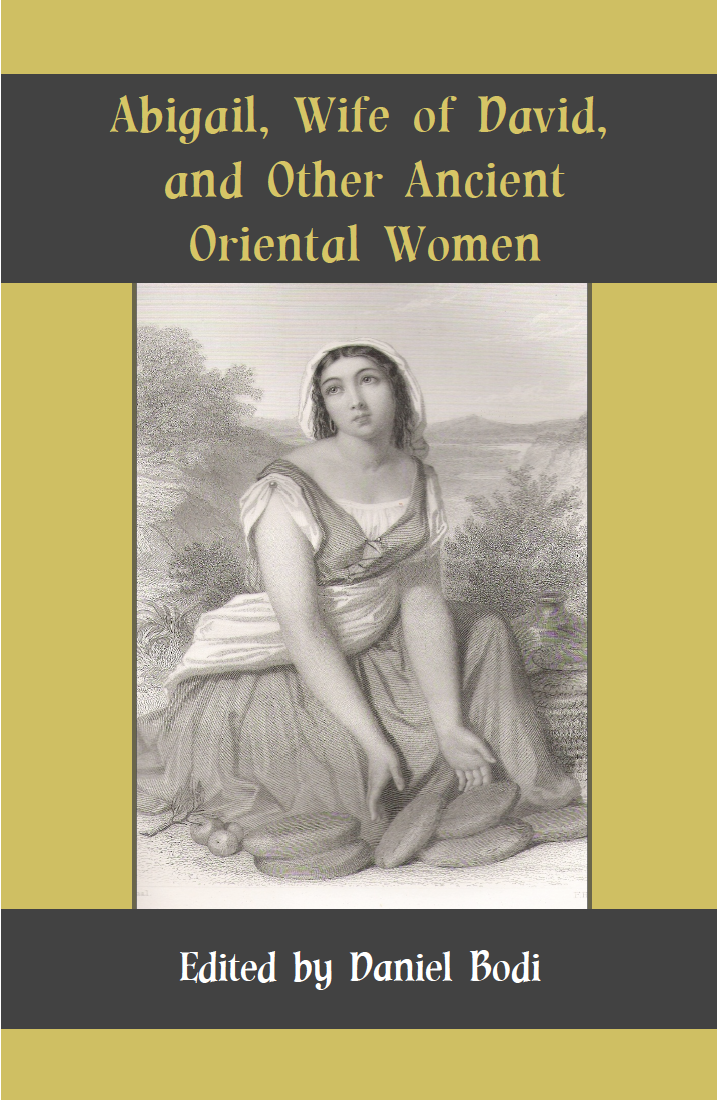
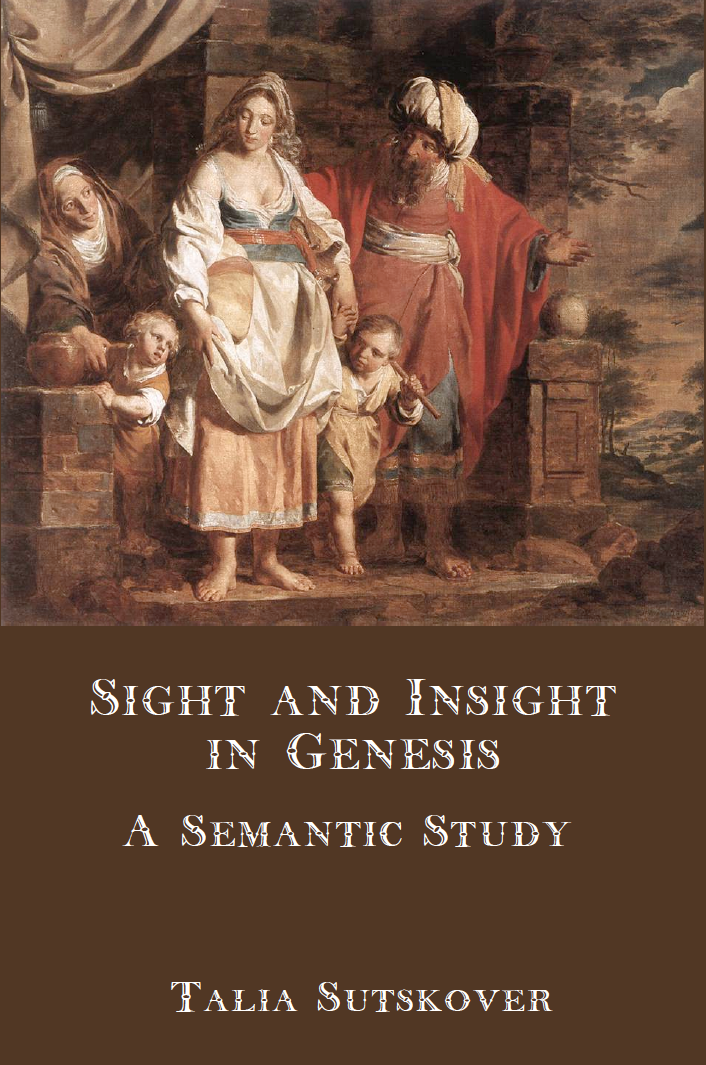

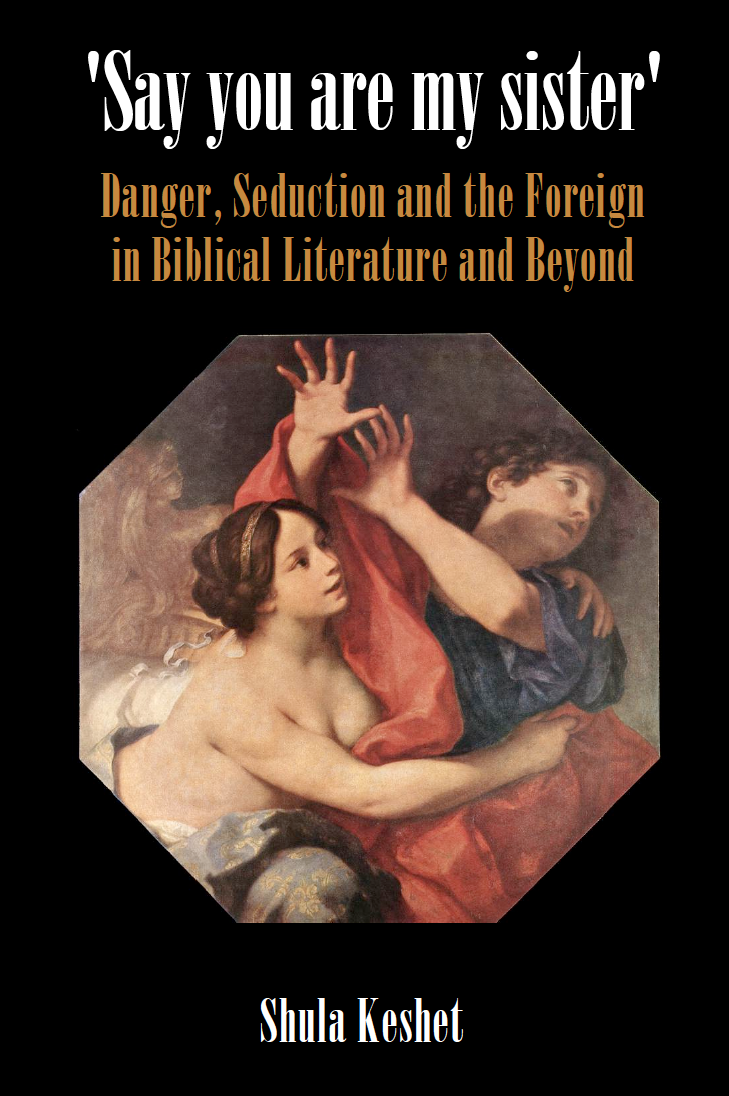
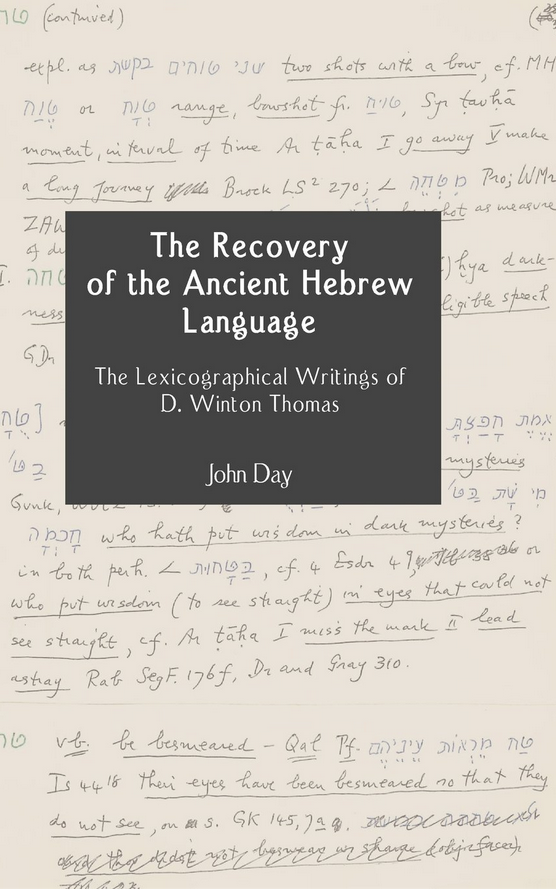
The Book of Job
The Book of Job